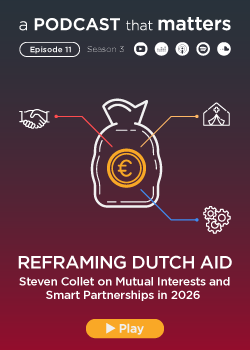Print

Systemic approach to Reduce Energy demand and CO2 emissions of processes that transform agroforestry waste into High Added value Products - REHAP
Details
Locations:EU 27
Start Date:Oct 1, 2016
End Date:Sep 30, 2020
Contract value: EUR 8,001,395
Sectors: Energy, Environment & Climate, Pollution & Waste Management (incl. treatment)
Description
Programme: H2020-EU.2.1.5.3. - Sustainable, resource-efficient and low-carbon technologies in energy-intensive process industries
Topic: SPIRE-03-2016 - Industrial technologies for the valorisation of European bio-resources into high added value process streams
Call for proposal: H2020-SPIRE-2016
Description:
The main objective of REHAP is the transformation of agroforestry residues into new sustainable and eco-efficientderivatives, which comprise building blocks (2,3- and 1,4-BDO), high-performance additives (superplasticizers and flame retardants) and biobased polymeric resins (biophenolics and NIPUs), through innovative cost-effective processes to demonstrate their potential use in several products at an industrial level and their application in sectors like Construction.
To achieve this, thermo-chemical-enzymatic and fermentation processes will be developed and optimized for converting agroforestry wastes into sustainable building blocks, polymer precursors and biobased products, with low carbon footprint,low cost, and using industrially viable and scalable processes.
The overall aim of the project is to develop bio-residue based materials to achieve low embodied energy, and energy and cost-efficient building solutions. For this purpose, chemical and enzymatic processes will be developed and optimized to convert agroforestry wastes (bark and wheat straw) into sustainable polymer precursors and resins with low carbon footprint and additionally reduced cost, using industrially feasible and up-scalable processes. The developed technologies will support the valorisation of waste materials in new high added-value products to substitute traditionalsolutions in massive consumption fields.
Europe's position in the production of biochemicals from biomass and by-products is limited to a few compounds, while their demand is among the largest in the world. However, Europe has a lot of world leader chemical companies. On the other hand, lignocellulosic waste constitutes one of the most abundant resources without competing with food chain.
REHAP’s 16 partners aim at revalorizing agricultural (wheat straw) and forestry (bark) waste through its recovery, and primary (sugars, lignin, tannins) and secondary (sugar acids, carboxylic acids, aromatics and resins) processing to turn them into novel materials, and considering Green Building as business case. The project will provide reductions in utilization of fossil resources of 80-100%, and energy utilization and CO2 emissions above 30%.
Specifically, building blocks (1,4 and 2,3-Butanediol, estherpolyols), materials (PUs, phenolic resins, modified hydrolysis lignin) and products (wooden boards, insulation foams, cement, adhesive) will be obtained:
• Isolation of tannins and carbohydrates from forestry waste to turn them into bio-phenolic resins for wooden panels and isocyanate-free polyurethanes (PU) for insulating foams, respectively.
• Isolation of lignin and carbohydrates from agricultural waste to turn them into bio-phenolic resins for wooden panels and biosuperplasticizers for cement, and estherpolyol PU for adhesives, respectively.
• Fire retardant lignin and sugar-based additives will be also developed.
Developed processing technologies (chemo/thermo/enzymatic and fermentation) will be optimized at pilot scale (TRL6-7) for further exploitation and replication of results. All products will be integrated in a prototype to demonstrate industrial applicability into the Green Construction sector.
Throughout the project, Life Cycle and Cost Assessment, market analysis, business plan, waste management strategy and measures for future standardization will be implemented using a systemic perspective approach.

